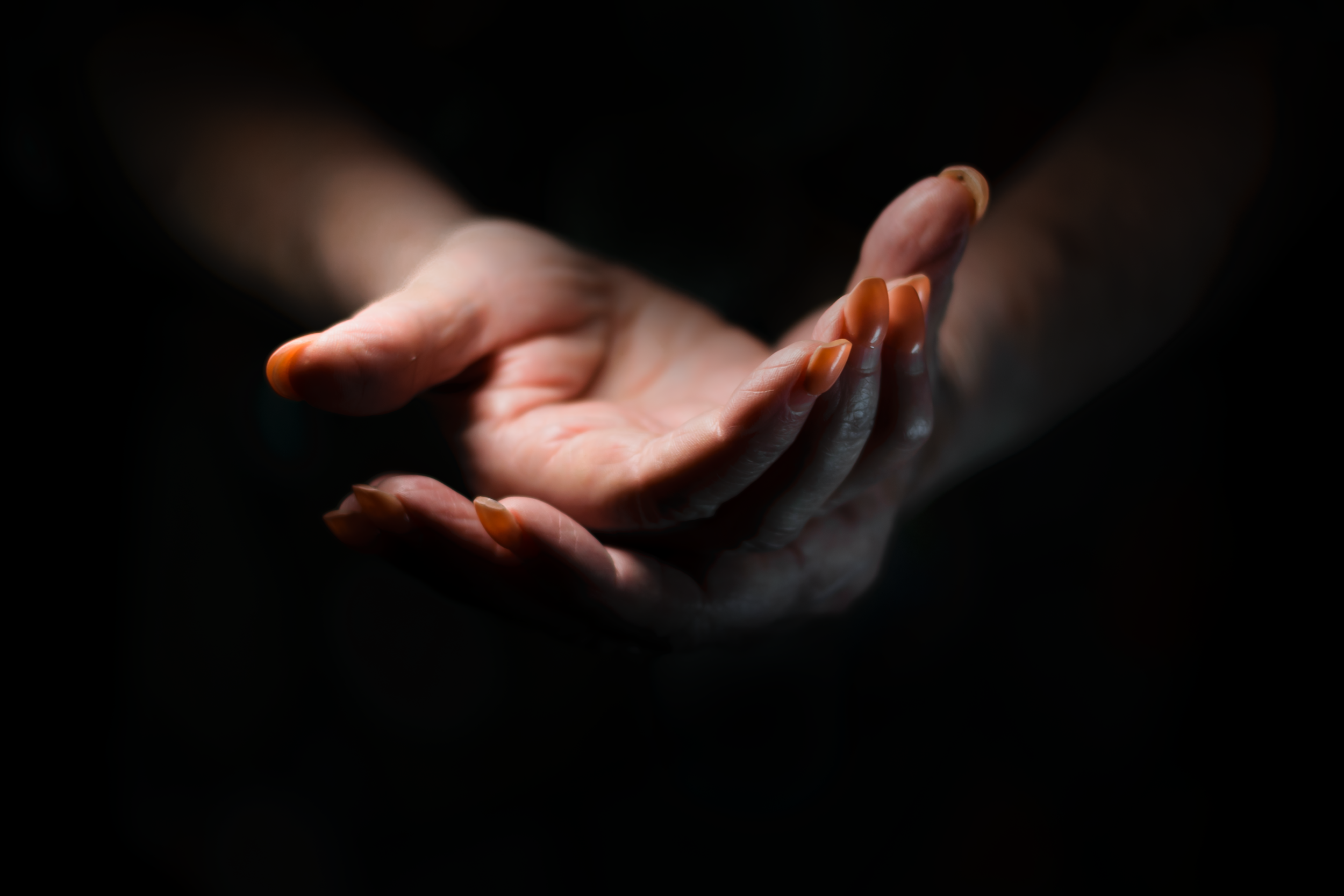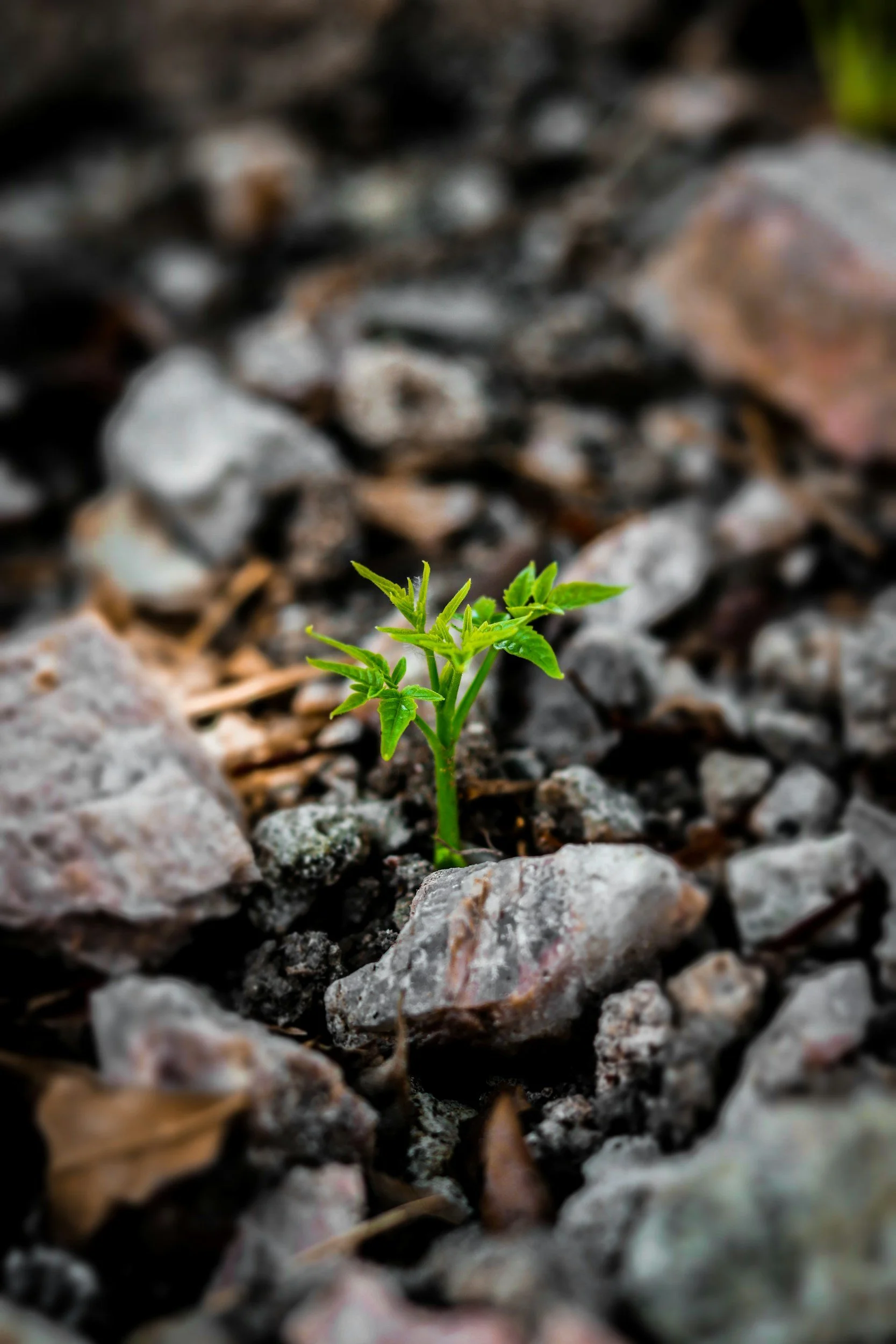From Surviving to Thriving: Post-Traumatic Growth
Series 3: Healing from Relational Trauma | Article 6 of 7
Have you ever wondered if the pain you've endured could somehow become a source of strength? Perhaps you've survived a difficult relationship, worked through complex trauma, and now find yourself asking: "What comes next? Is healing simply about returning to who I was before—or is there something more?"
If these questions resonate with you, you are not alone. Many individuals who have navigated relational trauma reach a point where survival is no longer enough. They begin to sense that their journey through pain has quietly reshaped them in unexpected and even profound ways. This transformation is what researchers call post-traumatic growth—and it represents a shift from merely surviving to genuinely thriving.
In this article, we will explore what post-traumatic growth truly looks like beyond the inspirational quotes, how to discover authentic meaning in your healing journey, and why celebrating your progress matters more than you might think.
What Post-Traumatic Growth Really Looks Like
Post-traumatic growth is not about denying your pain or pretending that trauma was "meant to happen." It is not toxic positivity dressed up in academic language. Rather, it is the remarkable process through which individuals who have faced profound challenges discover genuine psychological growth as a direct result of their struggle with adversity.
Psychologists Richard Tedeschi and Lawrence Calhoun, who pioneered research in this field, identified five key domains where post-traumatic growth can emerge. These include a greater appreciation for life, warmer and more intimate relationships with others, a greater sense of personal strength, recognition of new possibilities for one's life, and spiritual or existential development. As they explain in their groundbreaking work, post-traumatic growth occurs not despite the trauma, but through the process of grappling with its aftermath.
What does this look like in everyday life? Post-traumatic growth might mean that after surviving a toxic relationship, you now recognize red flags more quickly and set boundaries with clarity and confidence. It might mean that your capacity for empathy has deepened, allowing you to connect with others who are struggling in ways you never could before. Perhaps you have developed a profound appreciation for small moments of peace, or you have discovered inner reserves of resilience you didn't know existed.
It is essential to understand that post-traumatic growth and ongoing pain are not mutually exclusive. You can experience growth while still carrying grief, anger, or sadness about what happened to you. Growth does not erase your trauma or invalidate your suffering. Instead, it coexists alongside it, creating a more complex and nuanced picture of who you are becoming.
Finding Meaning in Your Healing Journey
Meaning-making is at the heart of post-traumatic growth. This does not mean you need to find a silver lining in your trauma or convince yourself that everything happens for a reason. Rather, it involves the deeply personal process of integrating your experiences into a coherent narrative about who you are and what matters to you.
In "Option B: Facing Adversity, Building Resilience, and Finding Joy," Sheryl Sandberg and Adam Grant explore how individuals can build resilience after devastating loss. They emphasize that resilience is not a fixed trait but a capacity that can be developed through intentional practices, including finding meaning even in the midst of profound grief. Sandberg's own journey through widowhood demonstrates that meaning-making is not about minimizing pain but about refusing to let pain have the final word in defining your life.
How can you begin to find meaning in your own healing journey? Start by asking yourself reflective questions: What have you learned about yourself through this process? What values have become clearer or more important to you? How has your understanding of relationships, trust, or self-worth evolved? These questions invite you to become the author of your own story rather than remaining a passive character in a narrative written by your trauma.
Meaning can also be found through connection and contribution. Many individuals who have healed from relational trauma find purpose in supporting others who are walking similar paths. This might take the form of advocacy, creative expression, mentorship, or simply offering compassion to someone who feels alone. When you use your experience to help others, your pain transforms from something that happened to you into something that can flow through you toward healing in the world.
Celebrating Small Wins and Progress
In a culture obsessed with dramatic transformations and overnight success, it is easy to overlook the quiet victories that characterize genuine healing. Yet post-traumatic growth is rarely a sudden epiphany. More often, it unfolds gradually through countless small moments of courage, self-compassion, and intentional choice.
Celebrating small wins is not trivial or self-indulgent. It is a crucial practice that reinforces your progress and reminds you that healing is happening even when it feels imperceptible. Each time you recognize a boundary that needs setting and actually set it, that is progress. Each time you notice a trauma response arising and respond to yourself with gentleness rather than judgment, that is growth. Each time you choose to stay present with uncomfortable emotions instead of numbing or avoiding them, you are moving forward.
Consider keeping a progress journal where you document these moments. What did you do differently this week compared to a month ago? What difficult conversation did you navigate? What trigger did you manage with more grace than before? Over time, this practice creates tangible evidence of your transformation that you can return to during moments of doubt or discouragement.
It is also important to recalibrate your expectations about what progress should look like. Healing from relational trauma is not linear. There will be setbacks, difficult days, and moments when you feel like you have regressed. These are not failures. They are part of the process. Progress is not measured by the absence of hard days but by your increasing capacity to navigate them with self-compassion and resilience.
Remember that thriving does not mean arriving at some final destination where you are perfectly healed and never struggle again. Thriving means cultivating a life where you can hold both joy and sorrow, where you honor your past while building your future, and where your trauma becomes one chapter in a much larger story of courage and growth.
Conclusion
Post-traumatic growth is not a consolation prize for suffering, nor is it something you must achieve to validate your healing journey. It is simply an invitation to remain open to the possibility that your struggle with trauma can ultimately deepen your humanity, strengthen your character, and expand your capacity for meaning and connection.
As you continue healing from relational trauma, remember that growth unfolds in its own time and in its own way. Your journey from surviving to thriving is uniquely yours, marked by small victories that deserve recognition and celebration. Trust that each step forward, no matter how tentative, is reshaping you into someone who is not only resilient but also remarkably alive.
Recommended Reading
"Posttraumatic Growth: Theory, Research, and Applications" by Richard G. Tedeschi and Lawrence G. Calhoun
This foundational text offers a comprehensive exploration of how individuals experience psychological growth following trauma, providing both theoretical frameworks and practical applications for clinicians and individuals alike.
"Option B: Facing Adversity, Building Resilience, and Finding Joy" by Sheryl Sandberg and Adam Grant
Through Sandberg's personal story of loss and Grant's research on resilience, this book offers practical strategies for building resilience, finding meaning after devastating experiences, and rediscovering joy even in the midst of grief.
"The Body Keeps the Score: Brain, Mind, and Body in the Healing of Trauma" by Bessel van der Kolk
This essential resource explores how trauma affects the body and brain, and offers innovative approaches to healing that honor the mind-body connection central to recovery from relational trauma.
Your Growth Deserves Support
If you are ready to move beyond survival and explore what thriving truly means for you, personalized support can make all the difference. Our growth-focused coaching program is designed specifically for individuals who have done the hard work of healing and are now ready to cultivate post-traumatic growth in intentional and meaningful ways.
In our work together, we will honor your progress, identify your unique strengths, and create a roadmap for the life you want to build. Healing is not a journey you need to walk alone, and growth becomes even more possible when you have compassionate guidance and support.
Schedule your complimentary 15-minute consultation to explore how coaching can support your journey from surviving to thriving.
Coming Next in This Series
In our final article in the Healing from Relational Trauma series, we will explore how to integrate your healing journey into a cohesive sense of self and build a life that reflects your values, strengths, and newfound wisdom.
Series 3: Healing from Relational Trauma
Article 7: "Building a Life Beyond Trauma: Integration and Wholeness"
Publishing: Tuesday, December 2, 2025



